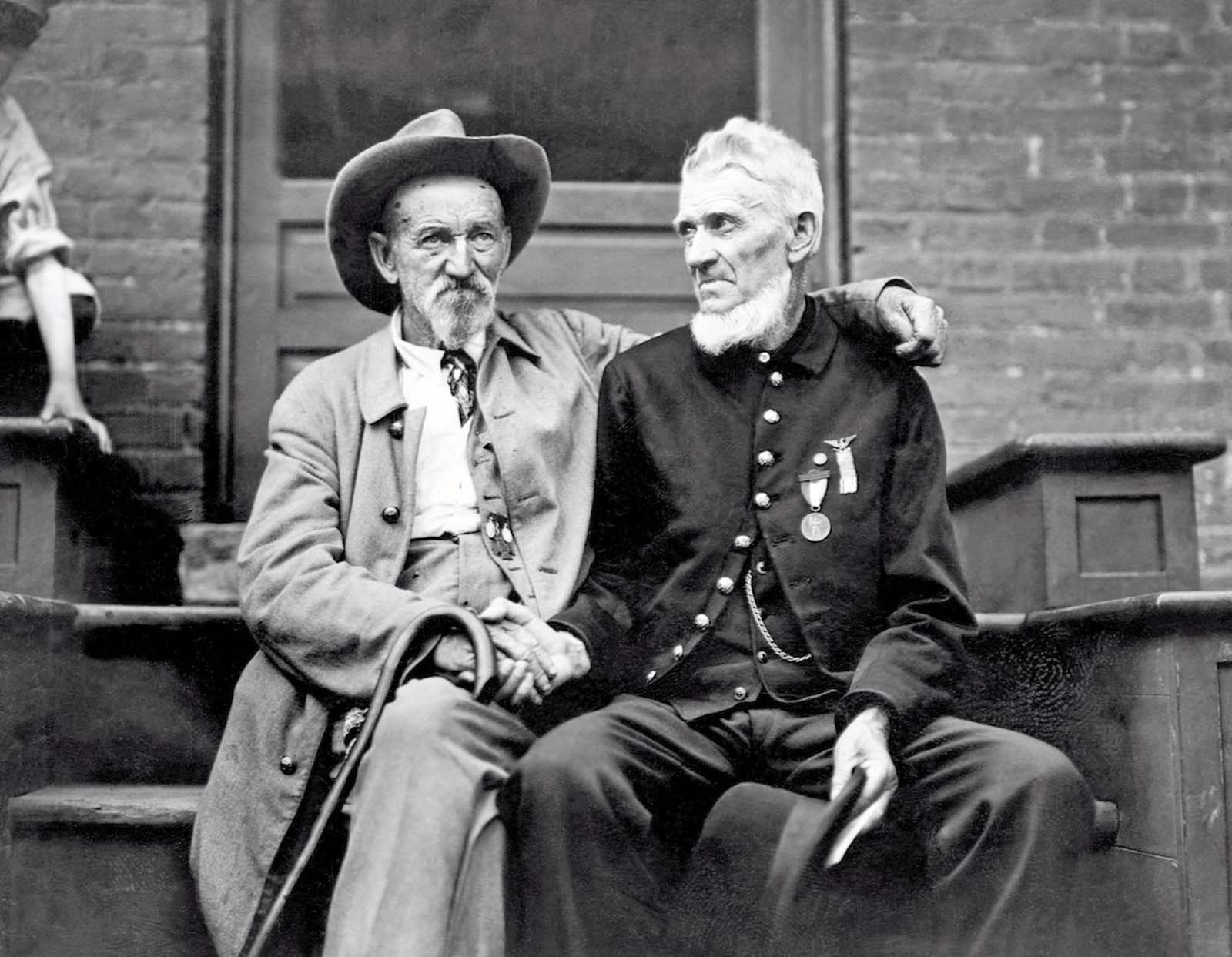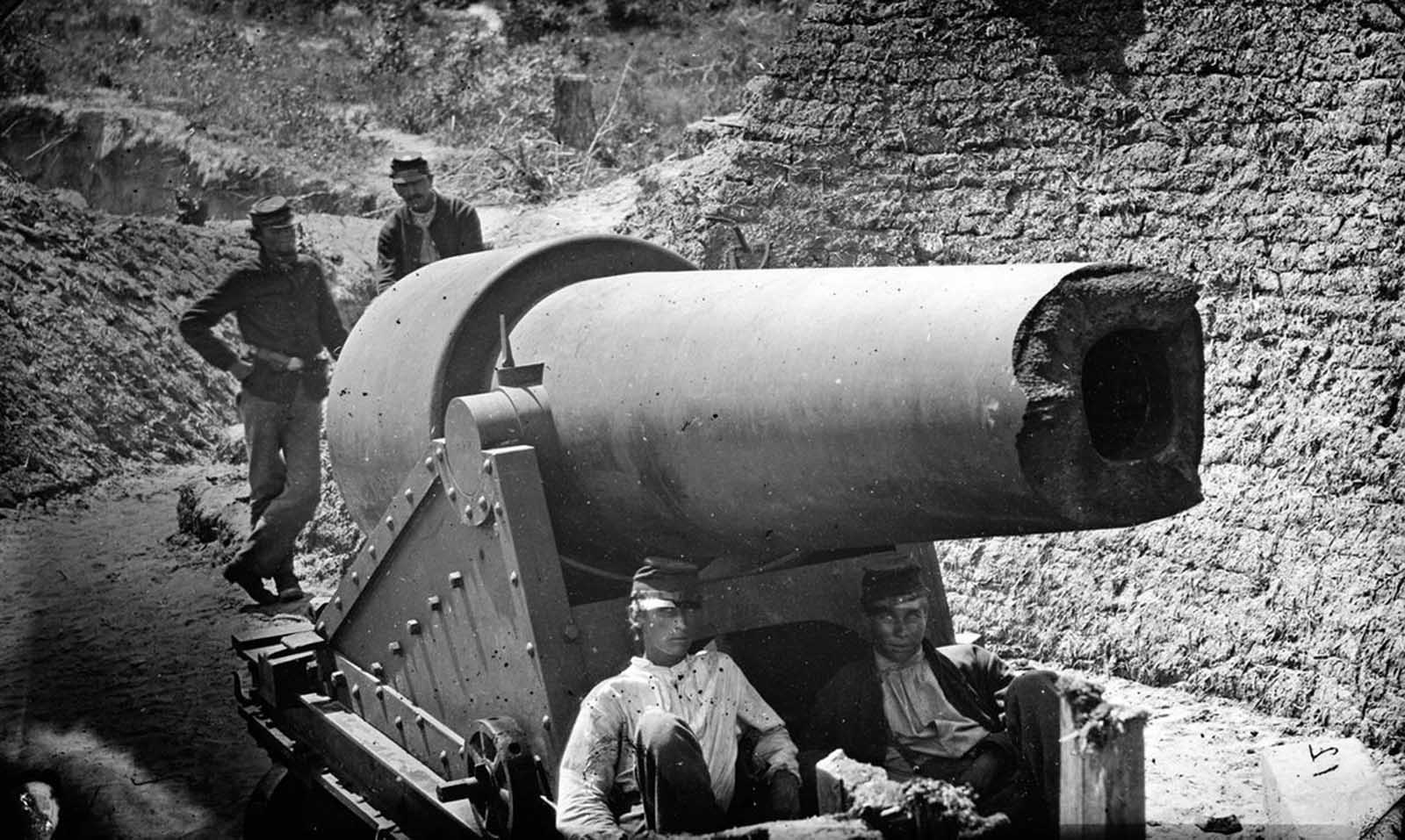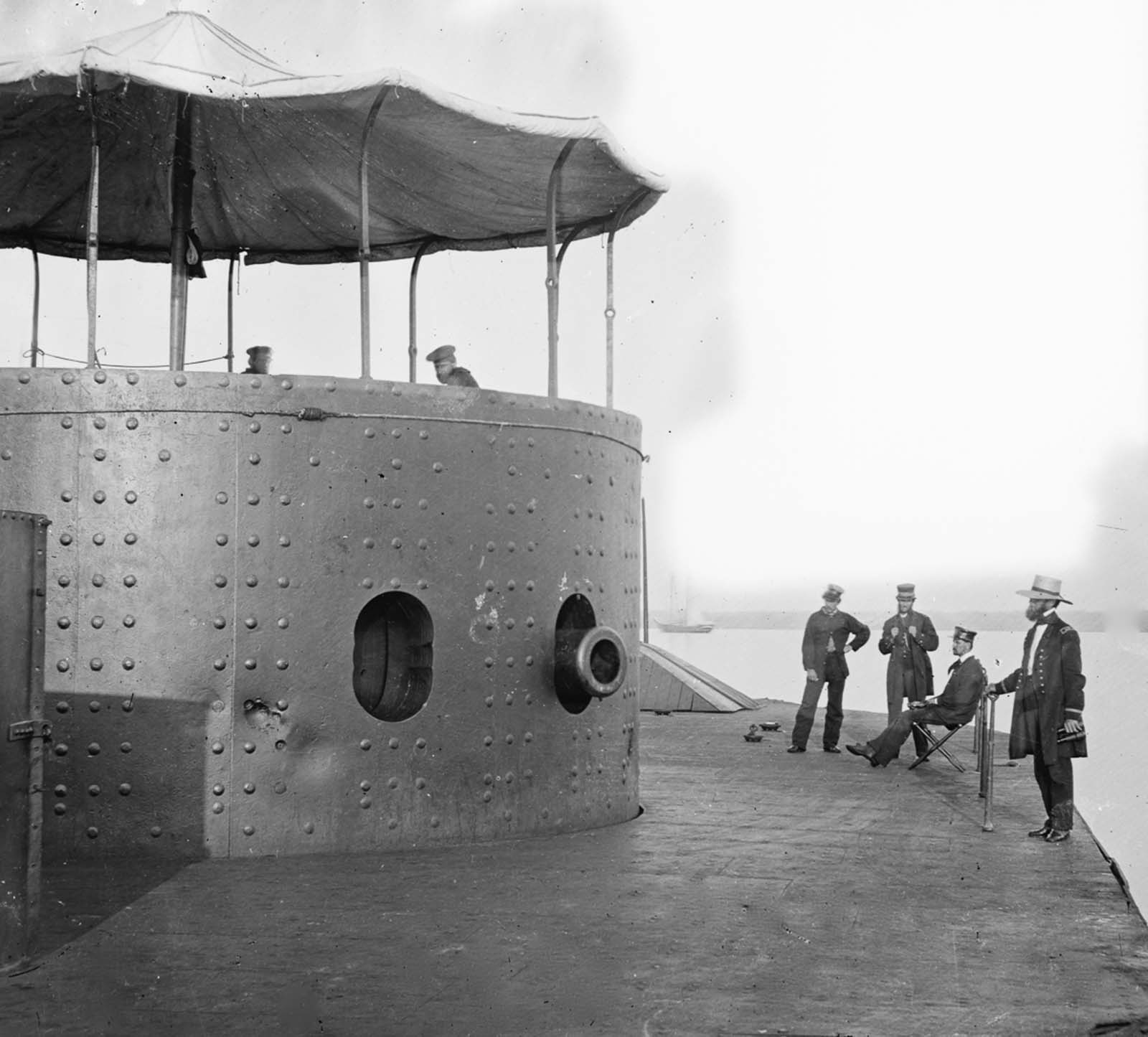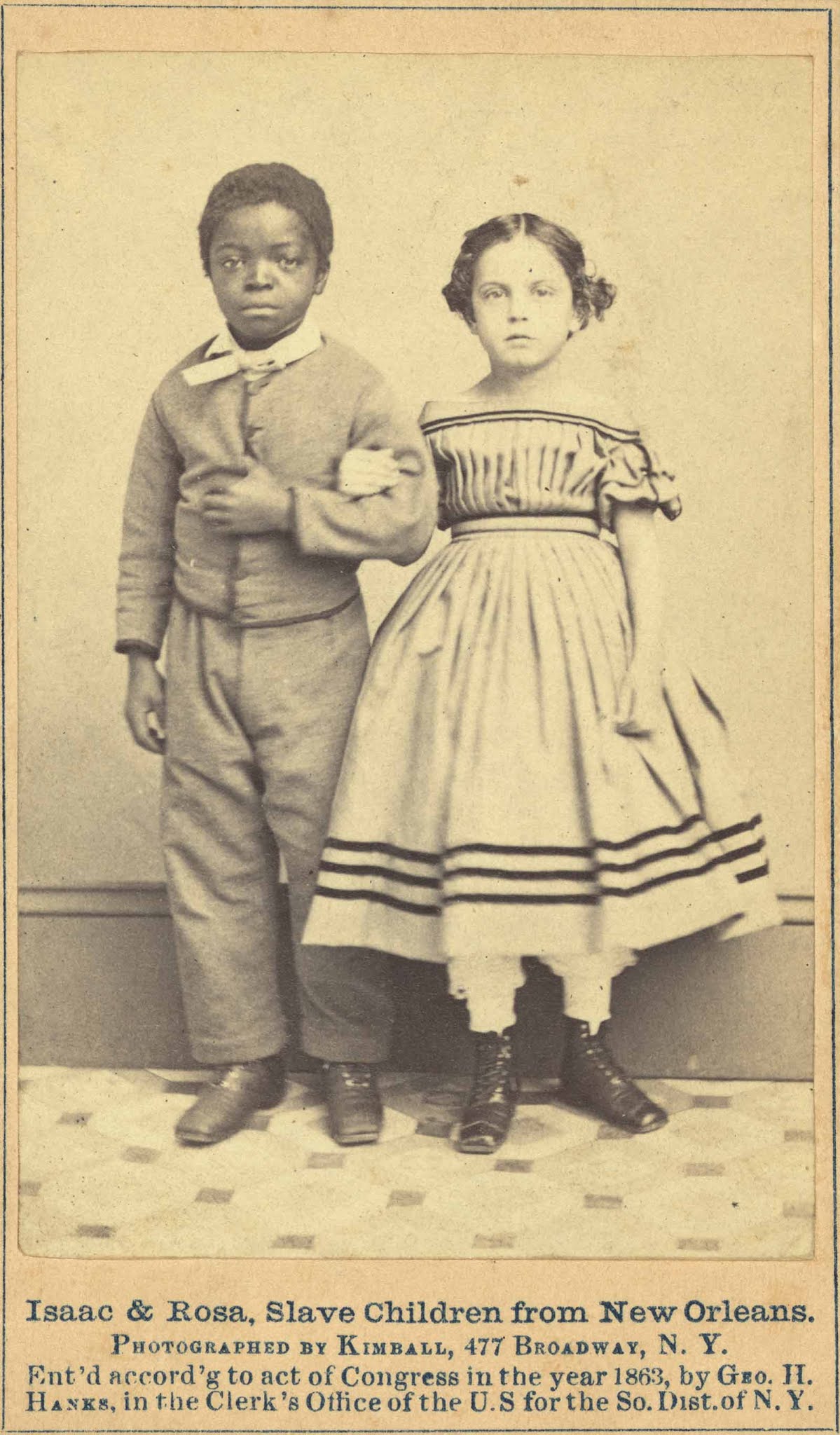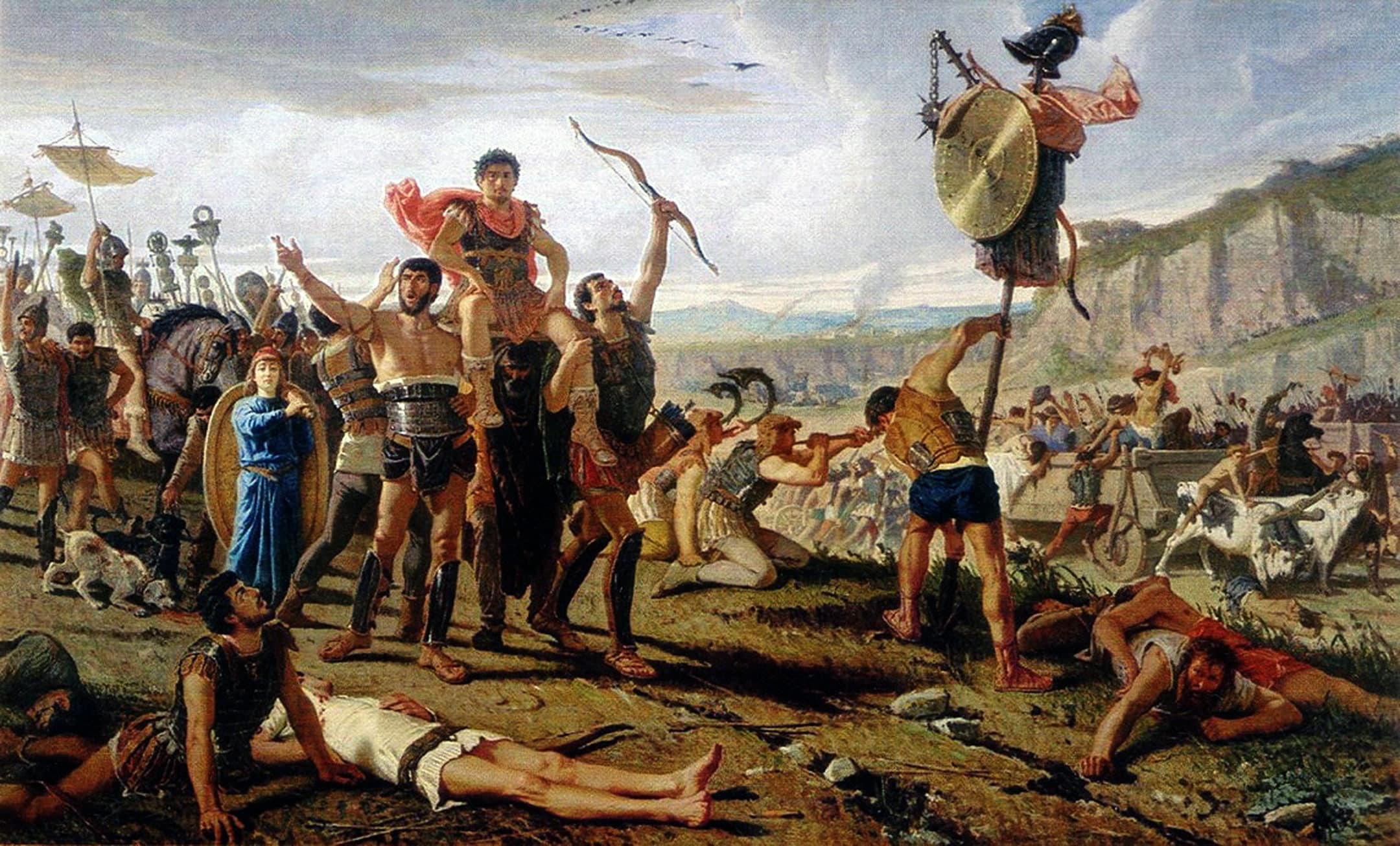
A battle took place on 1st November, 82 BC in Rome. This marked the end of the civil war that had been raging for a while between the supporters of the Roman general, Lucius Cornelius Sulla, and a union of Marians.
The union of Marians were those who supported Gaius Marius, a military commander who had died, his son, Marius the Younger, and Gaius Papirius Carbo, a renowned Roman politician.
It was the height of a long march by Sulla, the Roman general, on the city of Rome and he was victorious by the end of the day’s fighting.
Lucius Cornelius Sulla was born into a prominent patrician family in Rome around 138 BC. This period marked a chaotic time in the history of Rome. Rome was expanding and extending its territory.
In this period the free subjects showed interest in being part of Roman citizens. This was necessary to share the gains and properly manage the cities it had conquered. The Roman generals became so powerful and had so much responsibility that they established political bodies. Lucius Sulla was among the very powerful soldiers.
Sulla got numerous conquests and he eventually became very popular. He employed this advantage to ascend political ladders and became prominent in politics too. He had become one of the most powerful people in the Roman republic by the 90s BC.
Marius on the other hand was over twenty years older than Sulla. He was popular before Sulla was, however, they soon became rivals. Hence they led the major political factions in Rome.
Marius led the Populares, a group that sought to achieve a form of equality amongst Rome’s citizens, both rich and poor. Sulla was the leader of the optimates faction that believed the established patrician families of Rome should hold on to power.
Sulla in 83 BC raised his army to start Sulla’s civil war against the Marians who greatly outnumbered him. He managed to get numerous victories and then he took out time to rest.
He went out on 1st November to fight the Battle of the Colline Gate and was victorious in his civil war. He went on to become the most prominent person in Rome.
READ ALSO: What Were The Causes Of The Peloponnesian War?


